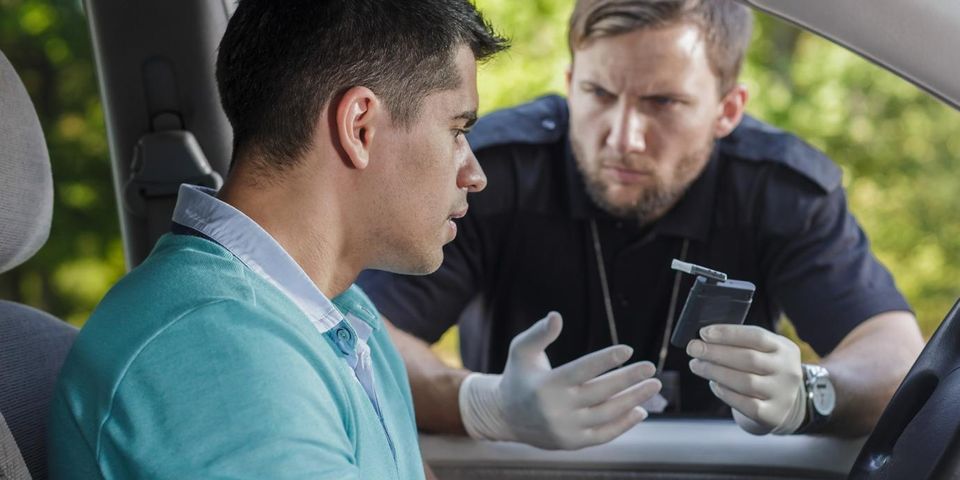What Drivers Should Know About Drug & Alcohol Testing

When investigating drivers on suspicion of driving while intoxicated, police officers have many tools at their disposal, including various testing methods. This is a complex area of law, and many drivers have questions about their rights when suspected of this offense. While each case varies and a DUI attorney can provide guidance on your specific circumstances, the guide below covers the basic information you should know.
A Primer on Drug & Alcohol Testing During DUI Stops
How DWI Investigations Generally Work
In order to pull you over in the first place, the officer must have probable cause that you committed a traffic violation, such as speeding or erratic driving. From there, they may appropriately ask you to perform a field sobriety test if certain conditions are present, as per New York Vehicle and Traffic Law Section 1194. Common indicators of intoxication include slurred speech, glassy eyes, an odor of alcohol emanating from your person or vehicle, your driving behavior before being pulled over, and statements made. Tests can include standing on one foot for 30 seconds, walking in straight line, and tracking involuntary eye movement. The officer may also ask you to take a portable breath test.
How Portable Breath Tests Differ From Chemical Testing
 In New York, refusing the portable test is a traffic violation, and may result in a suspended license even if you aren’t convicted of a DWI later. If you refuse or fail the portable breath test, the officer will likely arrest you and bring you back to the police station for further testing. If you continue to refuse to comply, the officer may seek a court order to compel you to submit. Further testing may consist of an analysis of your blood, breath, urine, or saliva. Testing procedures dictate that sample withdrawals and chemical tests of bodily fluids must be performed by medical professionals.
In New York, refusing the portable test is a traffic violation, and may result in a suspended license even if you aren’t convicted of a DWI later. If you refuse or fail the portable breath test, the officer will likely arrest you and bring you back to the police station for further testing. If you continue to refuse to comply, the officer may seek a court order to compel you to submit. Further testing may consist of an analysis of your blood, breath, urine, or saliva. Testing procedures dictate that sample withdrawals and chemical tests of bodily fluids must be performed by medical professionals.
What Implied Consent Means
New York has implied consent laws. By virtue of operating a vehicle on the roadway, you’re assumed to have already consented to testing. As mentioned above, you may still refuse, but doing so carries stiff consequences, including a $500 fine and a one-year revocation of your driving privileges. Test results or refusal to provide samples can be used against you in court, but a DUI attorney may be able to dispute the accuracy of the test — especially if there were significant delays between when you were pulled over and when you were tested — or argue that the officer lacked probable cause if no test was performed.
Driving while intoxicated convictions bring serious consequences, so it’s always in your interests to hire a skilled DUI attorney with the resources to protect your rights. The Upstate Legal Center of John V. Shepard has been fighting for defendants throughout Rochester and Monroe counties for over 30 years, offering experience you can trust. Visit their website or call (585) 429-5422 to schedule a consultation with a DUI attorney.
About the Business
Have a question? Ask the experts!
Send your question

